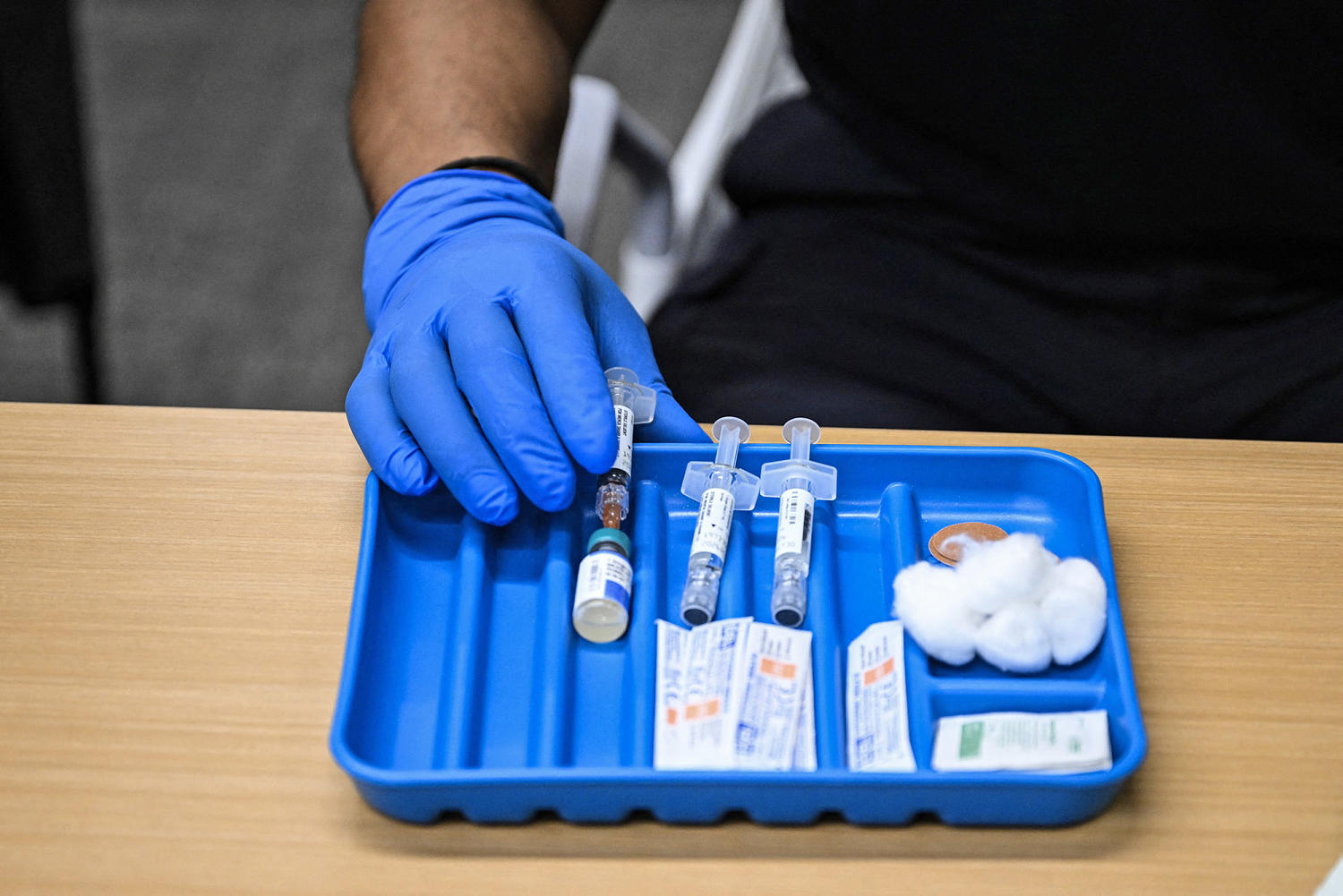Health Secretary Robert F. Kennedy Jr.’s handpicked slate of vaccine advisers voted to no longer recommend a combined shot for measles, mumps, rubella and varicella for children under age 4
NeutralHealth

Health Secretary Robert F. Kennedy Jr.'s newly appointed vaccine advisers have decided to stop recommending a combined vaccine for measles, mumps, rubella, and varicella for children under four. This change reflects a shift in routine childhood vaccine guidance, which is significant as it may influence vaccination rates and public health strategies in various states and among insurers.
— Curated by the World Pulse Now AI Editorial System





